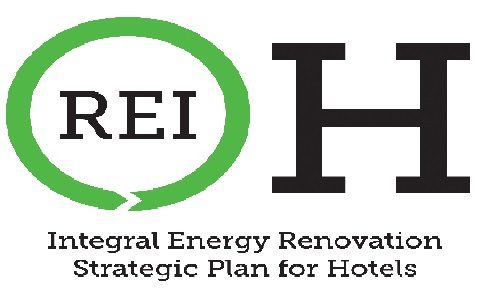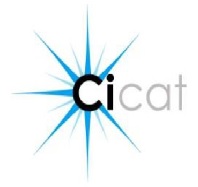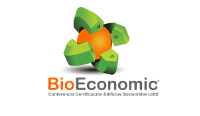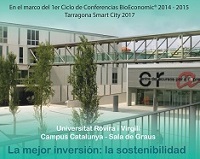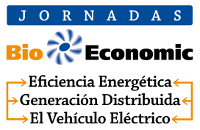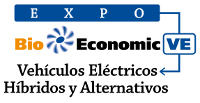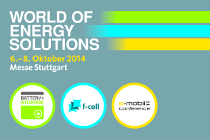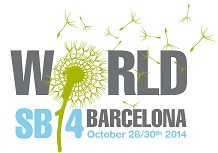BioEconomic®
Because the Bioeconomy consists of many sectors, it is difficult for any expert or organization to have a full picture. The role of BioEconomic® helps fulfill this challenge by reuniting in Conferences, Exhibitions, Conferences and Lecture people with different perspectives, interests and areas of expertise. Governance, Land Management, Water Management, Air Management, Energy Management, Consumer Affairs and Local Development amongst other
BioEconomic® aims to raise awareness and support interactions among various business sectors, politicians and interest groups in the are of the Bio Economy.
Integrating Sustainable Construction:
Energy self-consumption, Distributed Generation, Energy Efficiency, Renewable Energy, Water, Sustainable Building and Rehabilitation, Bio Construction.
Without forgetting the importance of waste:
Awareness, Prevention, Recycling, Transportation and Recycling
Nutrition and Organic Farming
Eco Sustainable Mobility and Electric Vehicles
What is the Bioeconomy
In the coming decades, the world will witness increased competition for limited and finite natural resources. A growing world population will need a safe and secure supply of food and climate change also have an impact on primary production systems, such as agriculture, forestry, fisheries and aquaculture.
A transition is needed towards an optimal use of renewable biological resources. We must move towards systems of sustainable production and primary processing that can produce more food, fiber and other products of biological origin with less inputs and less environmental impact and emissions of greenhouse gases.
To stay competitive, you will need to ensure adequate supplies of raw materials, energy and industrial products, under conditions of decreasing fossil resources. It is expected that oil and liquid gas may decrease around 60% by 2050. Bio Waste (estimated up to 138 million tonnes per year in the EU, of which up to 40% are full land) will raise the added value as potential raw material for other production processes.
Biological resources and ecosystems could be used in a more sustainable, efficient and integrated manner.
Food waste is another serious concern. It is estimated that 30% of all food produced in developed countries is discarded. Major changes to reduce this percentage to 50% in the EU in 2030 are needed.
With its transversal character, Bio Economy offers a unique opportunity to address complex and interconnected challenges to achieve economic growth.
You can help Europe make the transition to a more efficient company with the resources, which relie more heavily on biological and renewable resources to meet the needs of consumers, industry demand and face climate change.
The Bioeconomy includes:
Sustainable production of renewable resources, aquaculture environments of land, fisheries and their conversion into food, feed, bio-based products-fiber and bioenergy as well as the related public goods.
Primary production, such as agriculture, forestry, fisheries and aquaculture.
Industries that use and / or processed biological resources, such as food industries, pulp, paper and parts of chemical, biotechnological and energy industries.





